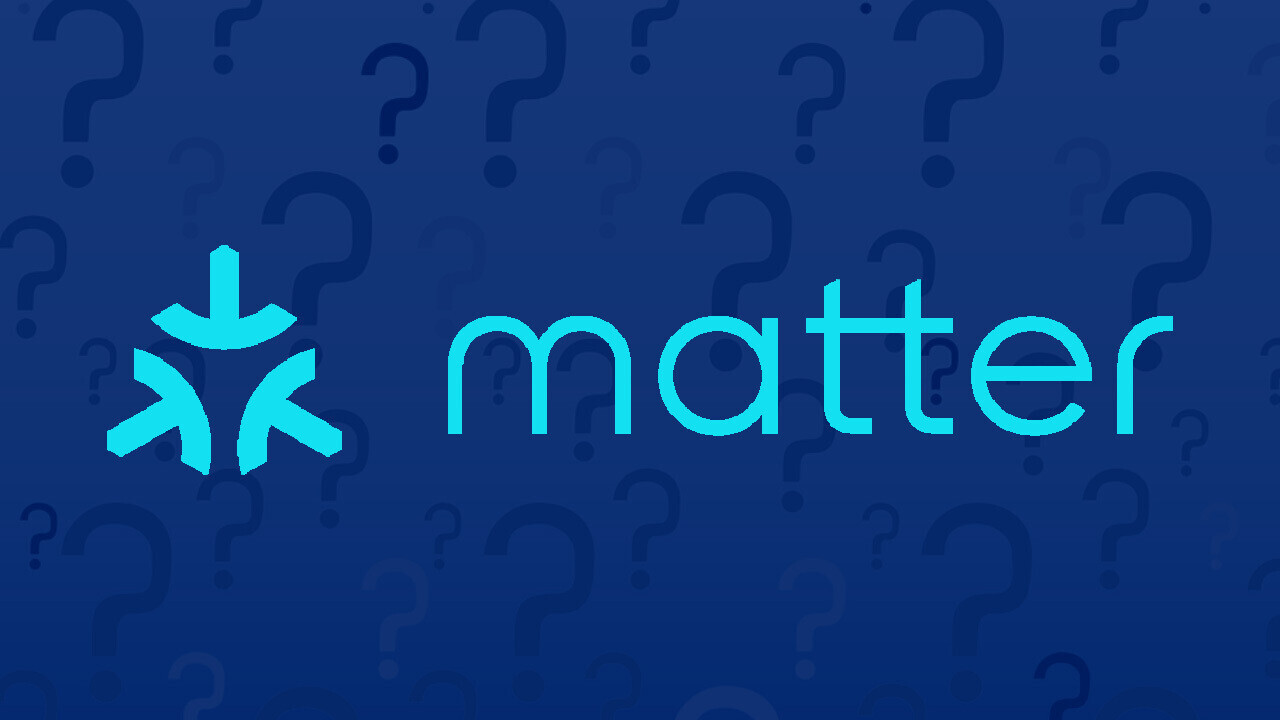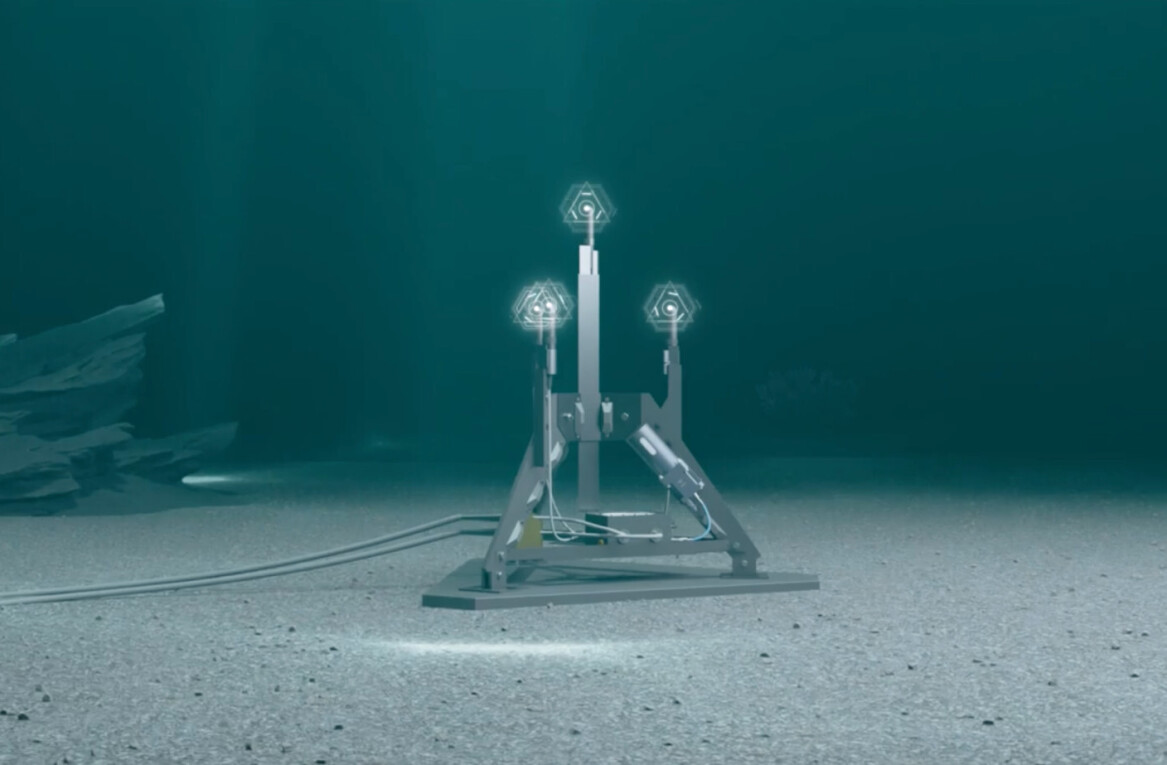
Today is November 3, World Smart Home day — and that means it’s the perfect time to discuss the Internet of Things (IoT). We recently saw the launch (finally!) of Matter, an industry-unifying open standard for smart homes. If you’re building IoT devices, this (excuse the pun) matters.
Let’s dive into what it’s all about — and especially what it means for European businesses.
What is Matter?

Traditionally, smart home devices exist across several ecosystems with limited interoperability. They don’t play nicely together and are plagued by the requirement for multiple apps, complex set-ups, and configurations. On top of this, more often than not, there’s a lack of clarity about cybersecurity too.
Matter is developed through collaboration within the Connectivity Standards Alliance (CSA), previously known as the Zigbee Alliance. The organization consists of over 300 companies working to create, maintain, and deliver open global IoT standards.
They’re developing a single open-source stack that enables your developers to build compatible cross-platform devices. Imagine, for example, an Amazon device that integrates with Google Home or Apple Home Kit. That’s what Matter is trying to achieve
The additional advantages

Besides interoperability, Matter also delivers other big benefits for consumers and businesses:
- Mesh networking: while Matter is IP-based, you can operate some smart home functions when local internet goes down because the standard works as a layer on top of Wi-Fi, Bluetooth, and Thread. This ability increases communication reliability and means less connectivity drop-off.
- Device security: cybersecurity is often poorly configured in IoT, if at all. Matter certification includes compulsory compliance, which is a massive boost for the industry, and will allay some consumers’ concerns.
The idea vs. the reality
The idea is this: imagine your heaters talking to your lights and your oven. Your electricity smart meter communicating towithyour washing machine and EV charger, prioritizing tasks at times when energy is cheaper.
But so far, the Matter 1.0 standard only supports a limited variety of smart home products. These are of the more conventional variety:
- Lighting
- HVAC controls
- Window coverings and shades
- Safety and security sensors
- Door locks
- Media devices, including TVs
There’s a lot of technology out there that still isn’t supported. There’s an upside to this though, because companies still have time to get their hardware ready for Matter’s next update. While over 3000 devices are already Matter certified, a wider roll out will happen from next year.
The challenges for European IoT startups
To be clear, Matter certification is not compulsory, but those without it face the risk of being left behind. But this interoperability means that the playing field has gotten bigger as more brands compete with each other, rather than being wedded to a particular hub. This raises the question of whether the standard is an opportunity or a challenge.
If you adopt the standard, there’s also a lot more due diligence regarding cybersecurity. In an ideal world, businesses should have already embedded it into devices, and if not, they’re in for some pain.
For example, Matter certification requires device data encryption. They also must be capable of accepting over-the-air software updates. On top of that, hardware with Matter support must use public key encryption, certificates for identity verification, and secure enclaves to store private data accessible only locally. In the long-term, this will be good for everyone.
The dream of Matter is to develop once, and deploy everywhere. But, of course there are issues — as certain features aren’t currently supported, and companies may still have to build their own apps to gain full functionality. In other words, Matter is still a work in progress.

And if a company is making devices outside of the more conventional smart home products mentioned earlier? Something like an EV charger? They’ll be waiting for support for a while. But there’s a whole lot of developer resources, including the open-source Matter code repository on GitHub to help businesses in more niche areas get started and prepared.
If a company is creating a product that is viable for Matter certification, the authorized test labs are now open and live. This may be the biggest roadblock in Europe for getting a Matter product on the market, so businesses should make a booking as soon as possible.
Be prepared for questions

Businesses are probably already fielding questions from customers asking when they can expect to see Matter on their devices. This is an opportunity to build relationships and get people excited. Be transparent about the process and share your timelines. Explain how it works in plain language. This is a huge opportunity to grow and strengthen your community.
Let’s be clear. While Matter is still a work in progress, if it succeeds businesses can develop products that work with any ecosystem using a single local protocol. And consumers will have an easier life than ever before. That’s pretty damn exciting.
Get the TNW newsletter
Get the most important tech news in your inbox each week.





